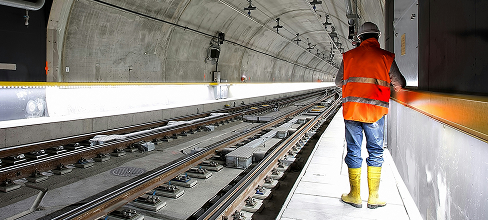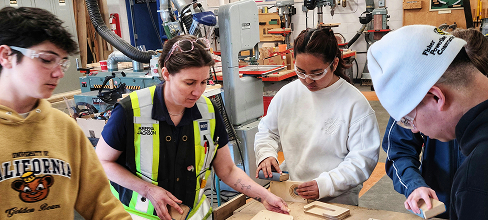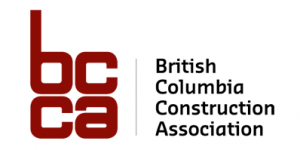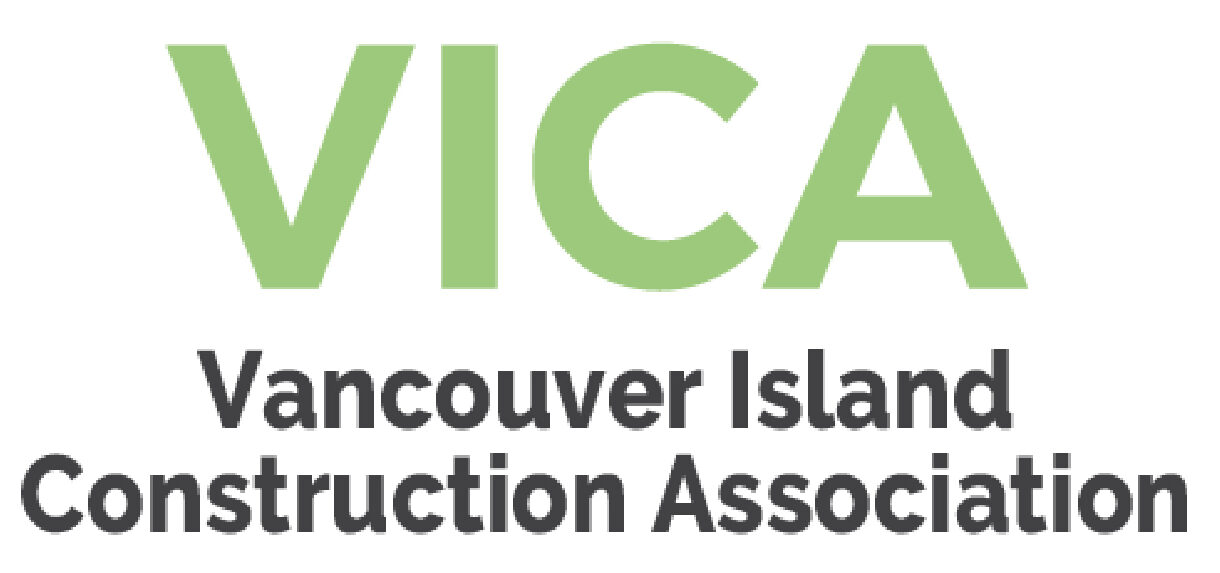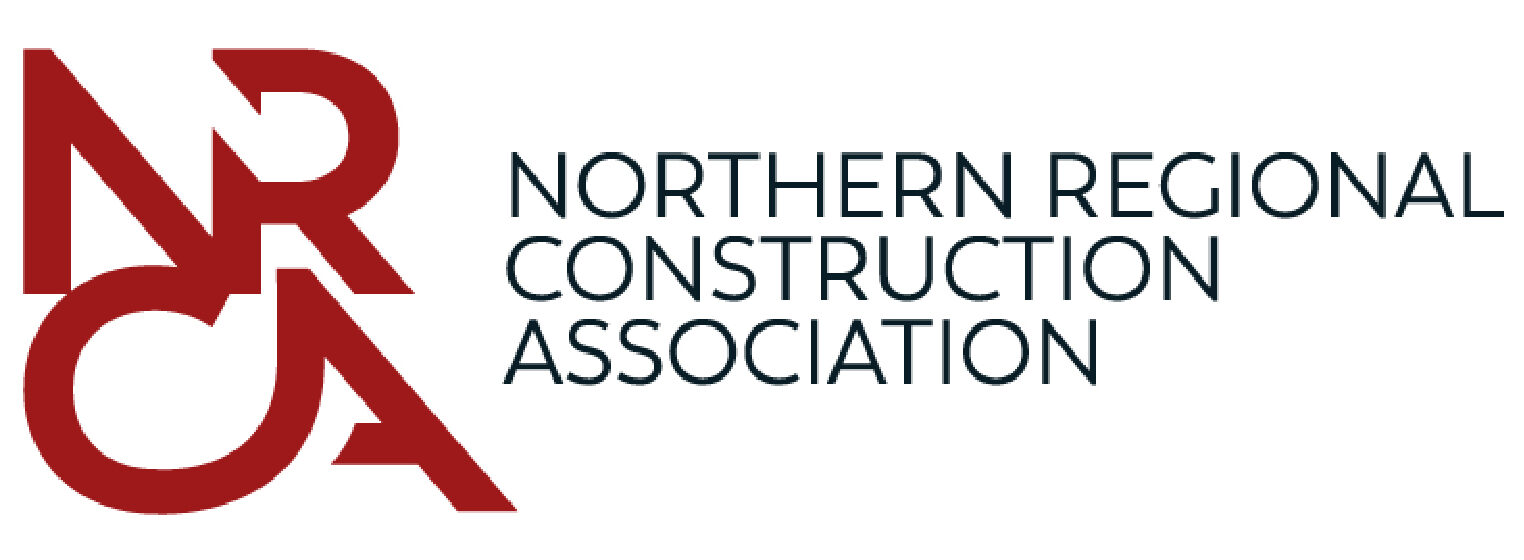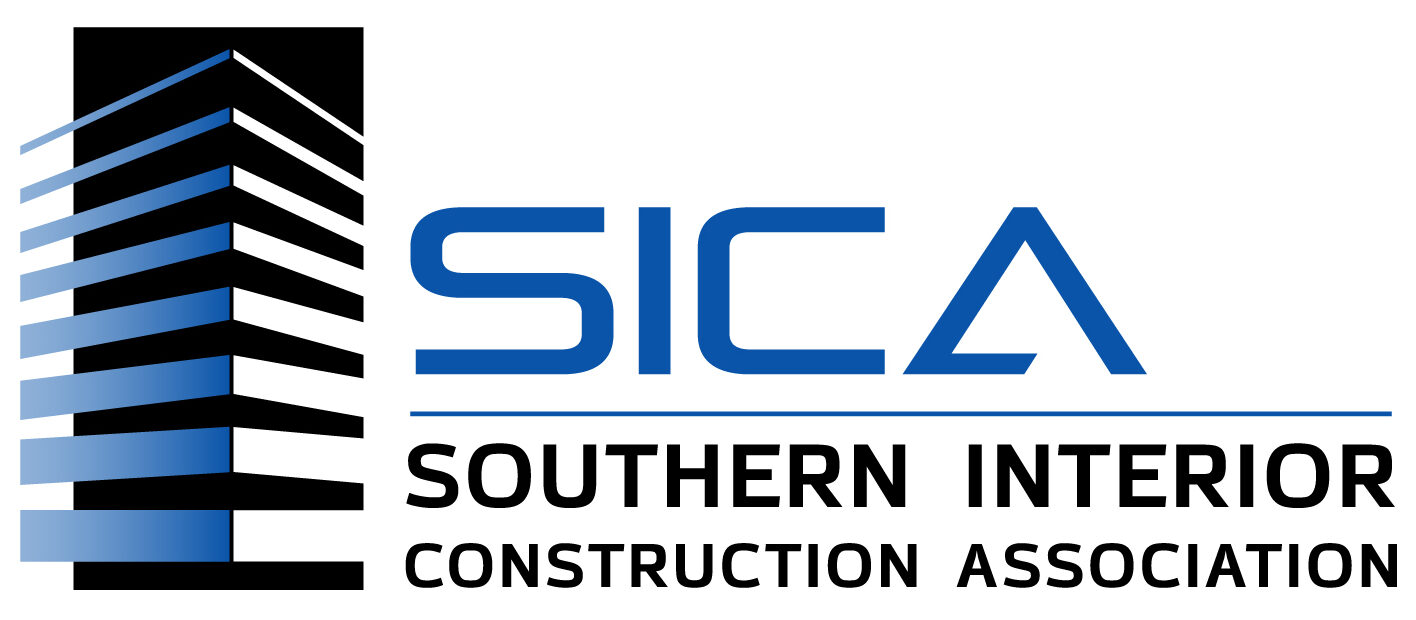Industry Reports & Analysis
VRCA works closely with key industry partners to strengthen BC’s construction sector by focusing on advocacy, policy development, and sharing valuable resources to promote growth and collaboration.
VRCA Advocacy Update
-
How VRCA is shaping the future of B.C.’s construction industry
Learn MoreThe Vancouver Regional Construction Association’s latest Board Chair Regina Marklund shares insights and industry progress
-
VRCA seeks municipal collaboration on construction protections amid tariff turmoil
Learn MoreThe Vancouver Regional Construction Association (VRCA) has announced it is reaching out to Lower Mainland municipalities, asking them to work together to safeguard construction projects from potential disruptions due to tariff threats from the Donald Trump administration.
-
VRCA announces 2025 board, Marklund announced as chair
Learn MoreThe newly-elected board of directors for the Vancouver Regional Construction Association (VRCA) has been announced for 2025.
In the News
Get the latest buzz on VRCA – media mentions, industry news, and more, all in one place!
Media MentionsVRCA wants to ‘Bring Trades to Schools’ with new initiative
February 7, 2025
VRCA goes virtual to make reconciliation a reality
January 24, 2025
VRCA and partners launch ‘Bring Trades to School’ program
February 7, 2025
Advocacy that Builds
VRCA’s advocacy efforts amplify the voices of our members and industry by engaging with municipal, provincial, and national stakeholders and elected officials, ensuring industry issues, concerns, and interests are represented at every level of government.
Have Questions About VRCA Advocacy?
Connect with our Advocacy & Engagement team to stay informed on key industry issues and opportunities.
Craig Larkins
Join the VRCA Today
Become part of a dynamic network of construction professionals with exclusive benefits, advocacy, and industry-leading resources.
Become a MemberStay Connected
Subscribe to our newsletter to receive weekly updates on industry news, upcoming events, workforce development opportunities, and more directly to your inbox.
Subscribe